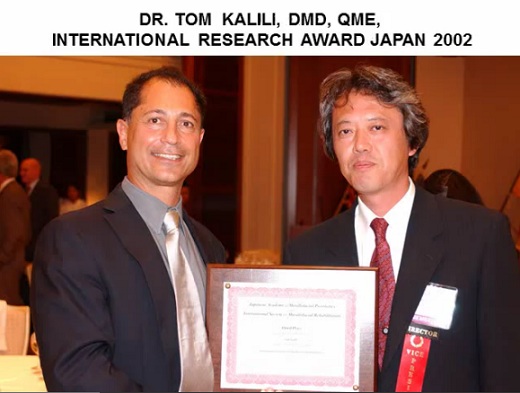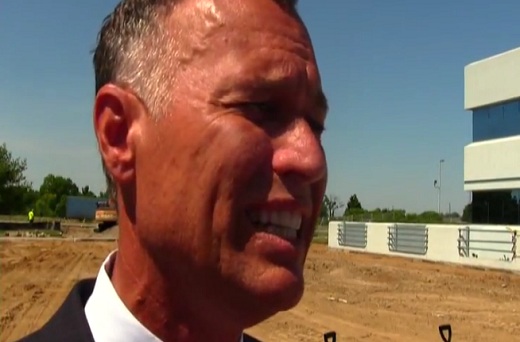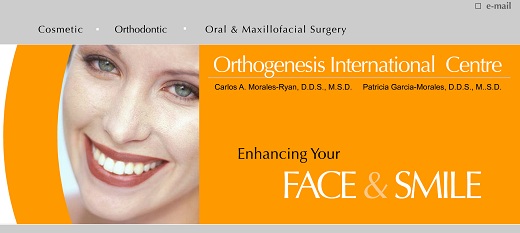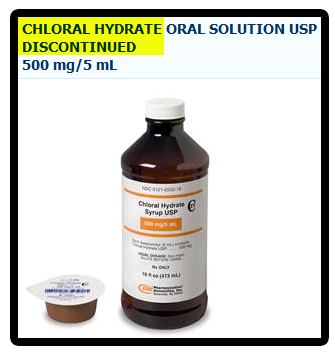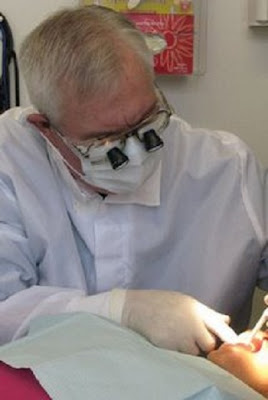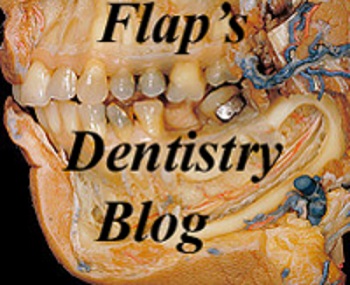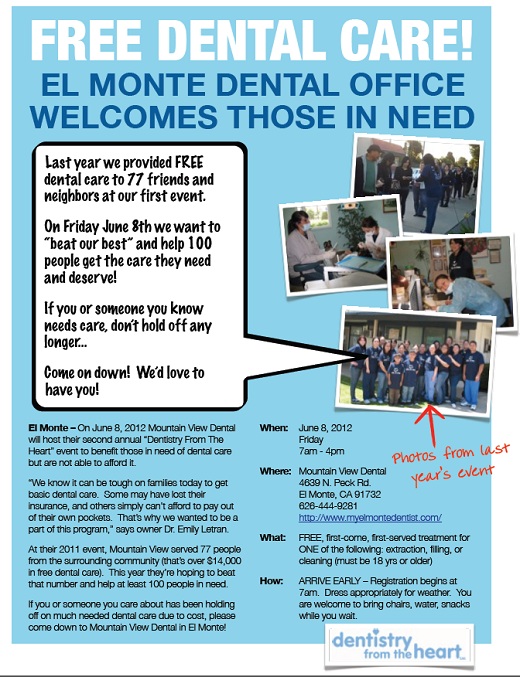
Good Thursday morning!
On to today's dentistry and health headlines:
El Monte Dentist Giving Away Thousands in Free Dental Care
Republicans Target Dental Bill That Private Equity Hates
Private equity firms eye big profits in dentistry
Big bucks and dentistry’s ownership
Enjoy your morning!
On to today's dentistry and health headlines:
El Monte Dentist Giving Away Thousands in Free Dental Care
It’s not every day that patients can receive free dental care, and yet, on June 8th, 2012, that’s exactly what will happen for the first 100+ patients to walk through the doors of Mountain View Dental Group.
El Monte and San Gabriel Valley locals are invited to receive free dental care at Mountain View Dental Group in El Monte. Owner Dr. Emily Letran and staff will host this free event in partnership with non-profit Dentistry From The Heart, supporting local residents by providing the community with free dental services.
From 7:00 AM to 4:00 PM Mountain View Dental Group’s dentists, assistants, and hygienists will donate their time and resources to provide the first 100 adult patients with one of the following high-quality dental services: tooth extraction, filling, or cleaning. The purpose for the event is to provide much needed health care and relief to people in the community.
Long-time San Gabriel Valley resident and program sponsor Dr. Emily Letran believes in giving back to the community and not only helping give local residents access to free dental care, but also helping them regain their confidence and ability to smile. “We know it can be tough on families today to get basic dental care,” says Dr. Letran. “Some may have lost their insurance, and others simply can’t afford to pay out of their own pockets. That’s why we wanted to continue offering this program. On Friday the smiles are on us!”
Republicans Target Dental Bill That Private Equity Hates
The likes of Jeb Bush, William Frist, Tommy Thompson and Haley Barbour aren’t typically heard from in the office of Thom Tillis, the Speaker of the North Carolina House of Representatives.
Yet the four Republican Party stalwarts, none of them a Carolina resident, have contacted Tillis’s office over a little- known bill to toughen state regulation of dental companies. They’ve been joined by Grover Norquist, the Tea Party favorite and anti-tax crusader who heads the Washington, D.C.-based Americans for Tax Reform.
“It’s not terribly common to have these types of names” intervening on a state bill, said Jordan Shaw, a spokesman for Tillis.
Their interest marks the Tar Heel State as the front line in a national struggle over dental management companies. Fueled by Wall Street money, at least six such firms are under scrutiny by two U.S. senators and authorities in five states over allegations that they soak taxpayers through excessive Medicaid billings, abuse patients via needless treatments and run afoul of laws that say only licensed dentists can practice dentistry.
The North Carolina bill would place new strictures on such companies, which have become a favored investment of the private equity industry. Private equity firms have bought or put money into at least 25 dental-management companies in the last decade.
Republicans control the North Carolina state Senate, which approved the bill on a 46-2 vote, as well as the state House, where it has stalled.
A dozen companies, at least half of them backed by private equity groups, raised more than $1.1 million to try to stop the bill, which is supported by the North Carolina Dental Society and the state Board of Dental Examiners. The private equity backers include Leonard Green & Partners of Los Angeles, Court Square Capital Partners of New York and Levine Leichtman Capital Partners of Beverly Hills, California.
“They’re looking at North Carolina as their test case,” said Lisa Ward, director of government affairs for the North Carolina Dental Society, which has reported hiring five lobbyists and spending about $400,000 to support the bill. “They’ll do anything they can to win here.”
Bush, who served as Florida’s governor from 1999 to 2007, sent an e-mail to Tillis “asking him to review the bill,” said Jaryn Emhof, a spokeswoman for Bush. The former governor hasn’t taken a position on the legislation, Emhof said. He contacted Tillis at the request of Florida Representative Michael Bileca, she said.
Private equity firms eye big profits in dentistry
A growing number of private equity firms are investing in dental management companies, which they see as one of the few growth areas in the current economic recession.
Small Smiles is one of at least 25 dental management companies that have been bought or backed by private equity firms in the last decade, according to Thomas Climo, a Las Vegas dental consultant. These companies account for about 8% (12,000) of the dentists licensed in the U.S., he said.
Topspin and AUA Private Equity Partners, both New York-based equity funds, announced earlier this month that they had invested an undisclosed amount in Brighter Dental Care, a regional dental practice management company that operates and manages seven affiliated dental practices in New Jersey.
Last November, private equity investment firm JLL Partners paid $398 million to buy American Dental Partners (ADP). ADP is affiliated with 27 dental group practices, which have 282 dental facilities and about 2,400 operatories in 21 states.
And in 2008, the Audax Group bought a majority stake in Great Expressions Dental Centers, expanding the platform from about 100 practices to 152 locations.
Currently, there are 24 large dental practice management companies in the U.S., with annual revenues of more than $100 million, Climo said.
Private equity buyout firms have been attracted to dental practices because they are less regulated than physician groups, and patients often go to their dentists more regularly than to their doctor, according to Sandy Steever, an editor with Irving Levin Associates, a Norwalk, CT, publisher which tracks mergers and acquisitions in healthcare.
"They attract less scrutiny because dental services are seen as more peripheral than physicians' services," he told DrBicuspid.com. "In one sense, I think healthcare is noncyclical because it's a regular need. I have seen a lot of private equity getting into dental servicing companies."
Some of the firms have benefited from the increase in Medicaid payments for dental care, which rose 63% to $7.3 billion between 2007 and 2010, according to the U.S. Center for Medicare and Medicaid Services.
Big bucks and dentistry’s ownership
Who should make decisions about your dental care: you and your dentist – or a big, out-of-state corporation owned by Wall Street private equity funds? That’s the issue in the fight over Senate Bill 655 in the North Carolina legislature.
The N.C. Dental Society, which represents more than 3,600 dentists, supports the bill. It will give the State Board of Dental Examiners the tools it needs to keep “dental management companies” from owning practices and making decisions about patient care.
Here is what has happened in other states when corporate owners gain control: Medicaid fraud, assembly-line dentistry, unnecessary and expensive treatments and even mistreatment of children as young as 4 years old – all in the pursuit of profits. Management companies could bill patients for unneeded care and otherwise operate illegally. Dentists could be pressured to meet quotas and perform more-expensive treatments.
That’s why we support the bill. But we’re up against an opponent that is raising big money from the dental management companies to oppose the legislation. The Alliance for Access to Dental Care political committee is running TV ads attacking the bill.
Watching the ads, you would think the alliance’s members lie awake at night worrying about children’s dental care. Do you believe that Wall Street private-equity funds are spending over $1 million to influence the North Carolina legislature because they care about children? Or do you, like most dentists here, suspect that their real motive is higher profits?
The companies must be profitable. A recent Bloomberg Businessweek investigation found that “at least 25 dental management-services companies (were) bought or backed by private-equity firms in the last decade.” The Bloomberg investigation, by a Pulitzer Prize-winning reporter, noted: “Management companies are at the center of a U.S. Senate inquiry, and audits, investigations and civil actions in six states over allegations of unnecessary procedures, low-quality treatment and the unlicensed practice of dentistry.”
Enjoy your morning!
